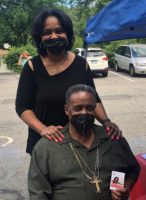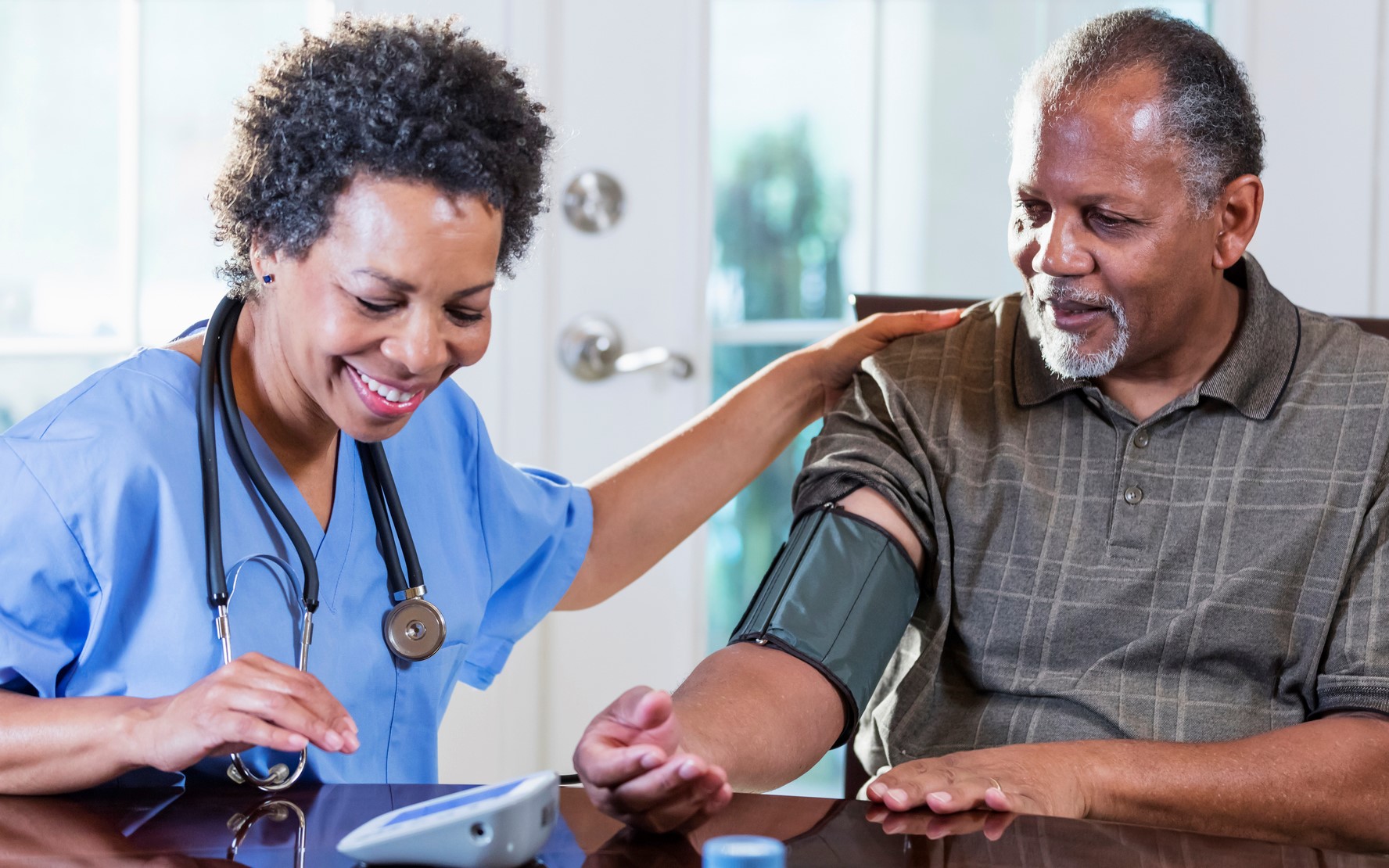The American Heart Association (AHA) is working with Shiloh Missionary Baptist Church to improve the health and well-being of Middletown community members by addressing hypertension, also known as high blood pressure.

Hypertension, often called “the silent killer,” is one of the most common health conditions and a key risk factor for heart attacks and stroke if left untreated.
Currently, HBP is prevalent in Middletown with 31.6% of the adult population having high blood pressure.
Shiloh Missionary Baptist Church has a long history of convening faith-based, civic, municipal, community and clinical partners to address the needs of the community. By focusing on high blood pressure, the church can reach community members who are disproportionately impacted by heart disease and stroke due to lack of healthcare access and to provide resources needed to diverse groups of under-represented Middletown residents. Monitoring blood pressure is one of the best ways to combat hypertension.
The AHA is working to create equitable health for all and address high blood pressure by connecting community organizations such as faith-based and workplace settings with the tools and resources needed to support members in self-monitoring and connecting them with care.
“Regular blood pressure screening is important because high blood pressure usually has no symptoms so it can’t be detected without being measured,” said Lynette Coleman, American Heart Association community health director. “Providing opportunities within the community means everyone has the same chance to be healthy. And by meeting people where they live, work and pray, we are addressing the healthcare needs for all.”
Under the leadership of Bishop W. Vance Cotten, Sr. as Pastor, and Rev. Kim L. Cotten, as Copastor, the church has offered programs and services for members and the public such as the community pantry and health education programs run by the Health and Wellness Ministry.
“Shiloh has a history of providing services to meet the needs of our community,” said Bishop Cotten. “Just recently, we opened Shiloh’s Resource Center where we take a holistic approach to meet those needs and address health disparities such as hypertension. I am a firm believer that to address and reduce the health disparities centered around hypertension in our Black and Brown communities, the church by the help of God has to take on an active role in addressing these disparities.”
Since the blood pressure program began in June, visitors and parishioners who utilize the screenings also receive educational materials on reducing risks for heart disease through healthy living.
Shiloh is also addressing food insecurity in Middletown by offering community residents access to their food pantry eight times monthly. Shiloh’s food pantry serves more than 1,500 individuals each month and has established relationships with Connecticut Foodshare the state’s Feeding America affiliate, local stores, and supermarkets to procure produce and healthy food options to supplement community donations.
The Shiloh Food Pantry will also provide an opportunity to engage with community members. Visitors can work with staff to make healthier selections and receive information on living and eating better to improve overall heart health.
“We could not do what we do without our committed volunteers who are passionate about attacking hunger and health disparities in our community,” said Rev. Kim Cotten.
To ensure long-term sustainability for this collaboration, Shiloh, and the American Heart Association has established a leadership committee to implement the program, monitor and evaluate for continuous improvement. One of the key volunteers working to support the programs and provide guidance is Middletown resident, Barbara Holloman. Barbara has been instrumental in bringing heart health initiatives to Shiloh’s members for close to ten years. In 2012, Barbara suffered a stroke during a service and because a member recognized the signs and symptoms, she received the care necessary for her positive outcome. As a longtime AHA volunteer, Barbara is working with Shiloh’s Health and Wellness Ministry to implement the AHA’s EmPowered to Serve Health Lessons and other program like the Shiloh CDC Tablet Training, which teaches seniors how to access telehealth visits and other online health services.
“I wanted to work on the blood pressure project because it’s important to me that we educate individuals on taking care of their heart health and this is a way to help them do that,” said Holloman. “It is personal to me because I have had high blood pressure. I learned to change the way I ate and became more active which helped to lower my blood pressure a great deal. I do not just want people to hear what lowering your blood pressure can do for you; I want them to see what it has done for me.”
To learn how your organization can implement programs in your community, contact Lynette Coleman at lynette.coleman@heart.org.
For information on blood pressure and how to live healthier for better heart health, visit www.heart.org.
